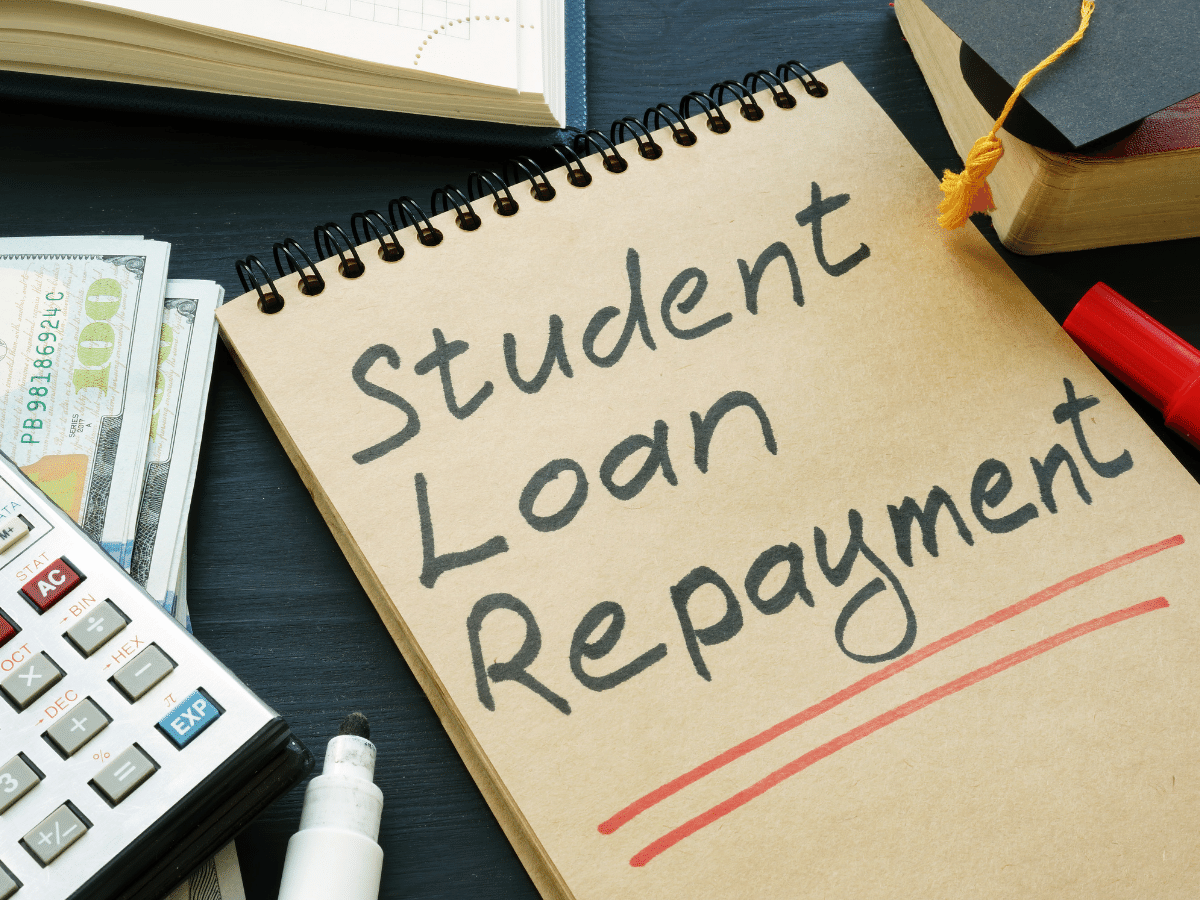Maine’s Updated Student Loan Tax Credit
november 2022
Although student loan forgiveness has been capturing most of the headlines this year, unbeknownst to many is that Maine has quietly overhauled their student loan tax credit program starting in 2022. The total potential benefit will be reduced compared to the current program, but the availability of the tax credit may be expanded to many who were previously disqualified from it. In addition, the tax credit can be refundable meaning even those with little to no state income tax liability may be able to benefit from the program.
What is the existing student loan tax credit available in Maine?
In 2008, 36 M.R.S. Section 5217-D was enacted to help students repay their educational loan debt. This bill created what is known as the Maine Opportunity Tax Credit (MOTC). The law was enacted, in part, to help combat Maine’s “brain drain.” The MOTC offsets an eligible individual’s state income tax liability for qualified payments to a student loan lender, in essence it subsidizes certain Mainer’s student loan payments to incentivize them to stay here (or potentially relocate to here).
The MOTC eligibility requirements are complex and at times, arbitrary. In general, you may be eligible if you live and work in Maine, you make qualified loan payments, and if you attended and obtained an associate or bachelor’s degree from an eligible education institution. This last point is key because prior to 2016, only graduates from Maine-based colleges/universities were considered eligible. So, if you graduated from a school outside of Maine between 2008-2015, you would not be eligible for the MOTC, even if you live and work in Maine.
For those who do qualify, the MOTC is extraordinarily powerful. In 2021, the eligible Maine income tax credit was up to $377 dollars per month ($4,524 annually) of your student loan payments. In addition, there was a section of this tax credit available to employers whereby Maine-based companies could claim a tax credit if they provided student loan assistance to their employees. This is changing for the 2022 tax year.
What is the new student loan tax credit available in Maine?
The Student Loan Repayment Tax Credit (SLRTC) replaces the Maine Opportunity Tax Credit (MOTC) – often referred to as Opportunity Maine – for tax years beginning on or after January 1, 2022.
The SLRTC provides an annual refundable tax credit of up to $2,500 if you are an eligible Mainers who is repaying student loans and who lives and works in Maine. The revised program is available if you obtained an associate, bachelor’s, or graduate degree from any accredited community college, college, or university after December 31, 2007. The program has a lifetime credit cap of $25,000.
There will be a phase-out period from the prior EOTC program. If you have unused credit carryover amounts, they may be claimed and applied to the new credit, if you are a qualified individual. Additionally, the refundable STEM credit will be phased out. Maine Revenue Services will provide guidance for the phasing out of the refundable STEM credit provision and other details later this year.
If you are eligible and have not yet done so, you can still claim the MOTC for tax years beginning on or after January 1, 2008, and not later than December 31, 2021.
Other Maine student debt updates?
- Maine Income Tax Deduction for 529 Contributions
- Maine is reinstating a state income tax deduction for 529 (college savings plans) contributions. These contributions do not need to be made to Maine’s 529 program, specifically, but you do need to be a Maine resident.
- Individuals who file individual Maine state income tax returns will be able to deduct up to $1,000 per Designated Beneficiary per tax year for their total combined contributions to any Section 529 Program during that tax year, for taxable years beginning on or after January 1, 2023.
- The deduction is not available to taxpayers with federal adjusted gross income over $100,000 (single or married filing separately) or $200,000 (married filing jointly or head of household).
How can Lebel & Harriman help?
Lebel & Harriman has a deep level of expertise in helping employers design and implement student loan assistance programs. L&H can help with employee interest surveying, template plan document, strategic plan design, cost projections, provider selection, and employee communication. In addition, L&H has student loan debt resources available for employees and can provide financial planning services related to the topic of student loan debt evaluation.
For more information, contact Matt Arey, JD or Nate Moody, CPFA® at (207) 773-5390 or marey@lebelharriman.com | nmoody@lebelharriman.com.
This document is for informational purposes only, you should not construe any such information or other material as legal, tax, investment, financial, or other advice. Any tax related information connected to this article is provided as general education and should not be considered a recommendation. Further, you should seek specific tax advice from your tax professional before pursuing any idea contemplated herein.







